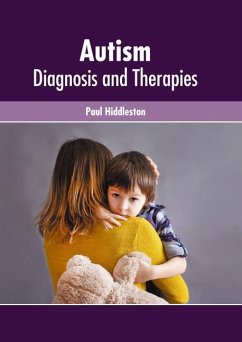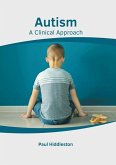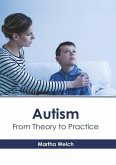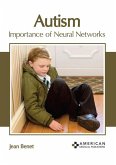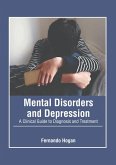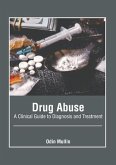Autism is a neurodevelopmental disorder, which makes its first appearance during infancy or childhood, and follows a steady course with no remission. It is distinguished by a triad of symptoms consisting of impairments in social interaction and communication, and repetitive behavior as well as restricted interests. Such impairments are believed to arise out of a complex interplay of genetic and environmental factors. Maternal nutrition and inflammation, exposure to heavy metals and particulates, intrauterine growth restriction, etc. are associated with autism. The diagnosis of autism is based on an assessment of behavior, using Autism Diagnostic Observation Schedule and Autism Diagnostic Interview-Revised tools. The severity of autism and its effect on a child's information processing is understood using the Childhood Autism Rating Scale. Autism management strategies are driven by the goal to lessen associated deficits and increase functional independence and quality of life. Behavior therapy, sustained special education programs, social skills therapy, and speech and language therapy can have positive outcomes in the life of a child with autism. The aim of this book is to present researches that have transformed the understanding of the causes of autism. It is compiled in such a manner, that it will provide in-depth knowledge about the diagnosis and therapies associated with autism care. This book, with its detailed analyses and data, will prove immensely beneficial to professionals and students involved in neuroscience at various levels.
Hinweis: Dieser Artikel kann nur an eine deutsche Lieferadresse ausgeliefert werden.
Hinweis: Dieser Artikel kann nur an eine deutsche Lieferadresse ausgeliefert werden.

